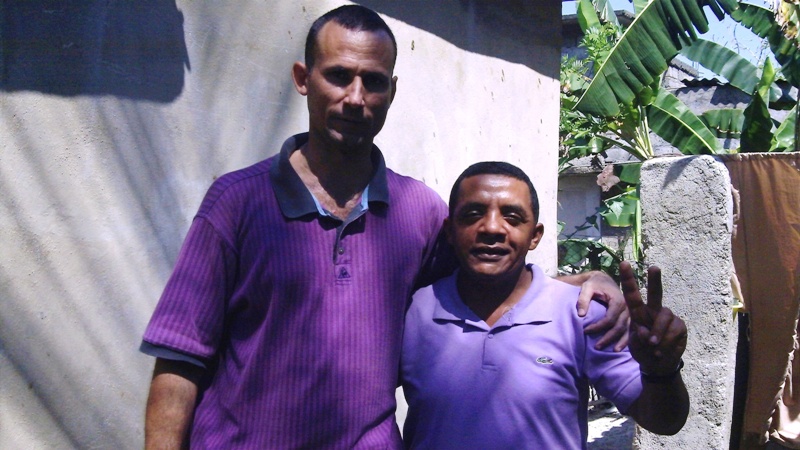 What Jimmy Carter can’t change in Cuba
What Jimmy Carter can’t change in Cuba
Thirty years after he left the White House and nine years since his only previous visit to Cuba, Jimmy Carter arrived in Havana last week, wearing the white guayabera that would serve as his uniform during a three-day visit to our island. Watching on television, I recalled how toward the end of his presidency — just as I was starting kindergarten — I learned to scream my first anti-imperialist slogans while thinking of his blue-eyed face.
In the 1970s, the newspaper Granma mocked his background as a peanut farmer. Soon, however, the Castro regime launched more than grievances and caricatures at the U.S. president. In 1980, the Mariel Boatlift sent more than a hundred thousand of our compatriots to his shores, including prisoners and mental patients rushed to the port from Cuba’s jails and asylums.
Those same sad days brought the birth of “repudiation rallies,” with mobs throwing stones, eggs and excrement and spitting on the “infamous traitors” boarding those boats because they couldn’t stand to wait any longer for the promised island paradise.
The pressure of such a flood forced Carter to close the doors to immigrants, handing that battle to Fidel Castro, who screamed “Let the scum go! Let them go!” as he masked ideological extremism under the pose of revolutionary euphoria.
Carter’s mishandling of that immigration crisis, some say, is among the reasons he was not reelected.
Some 20 years later, our media did an about-face and began referring to the former U.S. commander in chief as Mr. Carter. When he visited in 2002 he was introduced as a friend of our Maximum Leader. We who had once insulted him at school assemblies were confused by the red-carpet treatment afforded the man who was once our greatest enemy.
On that visit, as on his recent one, Carter met with government figures but also with opposition groups demonized and outlawed by the authorities. For a moment, we almost thought the world might have changed when Carter spoke before national television cameras in the Great Hall at the University of Havana. It was from his lips that we Cubans heard for the first time about the Varela Project, an effort by Oswaldo Paya to collect signatures for a referendum to amend the Cuban constitution to recognize our basic human rights, including freedom of expression and association.
But the moment was fleeting. Within a few months of Carter’s departure, a series of arrests known as the Black Spring took place across our country. Long prison sentences resulted for 75 dissidents and independent journalists, particularly those who had gathered signatures.
Last week, Carter met with Raul Castro in a formal government setting and with Fidel Castro, casually and at length in his living room.
As before, the regime pretended to show a tolerant face. Raul apparently gave the order not to interfere with the Nobel peace laureate’s early-morning breakfast with a few of us alternative bloggers who, just days earlier, had been demonized on official television as “mercenaries of the empire.”
Also on Carter’s agenda were just-released prisoners of the Black Spring, at least those who were not forced into exile, and their brave wives — known here as the Ladies in White — who never stopped marching for their husbands’ freedom, stoically facing down the repudiation rallies.
As before, Carter found points on which to praise the government, but it all sounded more like diplomatic formalities than real points of consensus.
The big question is whether the presence of the former U.S. president in our complex national situation will change anything. While I don’t believe we will move from a totalitarian state to a democracy by the mere fact of his visit, some acts have a symbolic significance that transcends their purposes.
His willingness to meet with bloggers and other representatives of our country’s emerging civil society extends some ephemeral mantle of protection. It proves that a bubble of respect is possible and that the shock troops who act against the activities of the dissidents are neither spontaneous nor autonomous but a formal arm of the regime. Carter’s willingness to hear our concerns forced Cuban authorities to inadvertently validate us and to acknowledge that there are other voices.
But there must be no illusions. Never mind that Carter proclaimed the innocence of jailed American Alan Gross, who was sentenced to 15 years for sharing technology to provide Internet access to Jewish groups in Cuba, nor that he stated that Cubans should be able to freely leave and enter the country. Carter will not succeed in creating changes we ourselves have not set in motion. And on this island where objectivity finds no middle ground, it seems we must wait for an entire family to die before anything can happen.
Yoani Sanchez is a writer in Cuba. Her awards include the 2010 World Press Freedom Hero award. She blogs at www.desdecuba.com/ generationy and is the author of “Havana Real: One Woman Fights to Tell the Truth About Cuba Today.” This column was translated from Spanish by M.J. Porter.
April 8, 2011
 Juan Juan – My good friend Cepillo, Don Joel Casamayor. Your sports career began in Cuba and continues in the United States. You own all the titles that exist in the amateur and professional boxing. To whom do you owe so many laurels?
Juan Juan – My good friend Cepillo, Don Joel Casamayor. Your sports career began in Cuba and continues in the United States. You own all the titles that exist in the amateur and professional boxing. To whom do you owe so many laurels?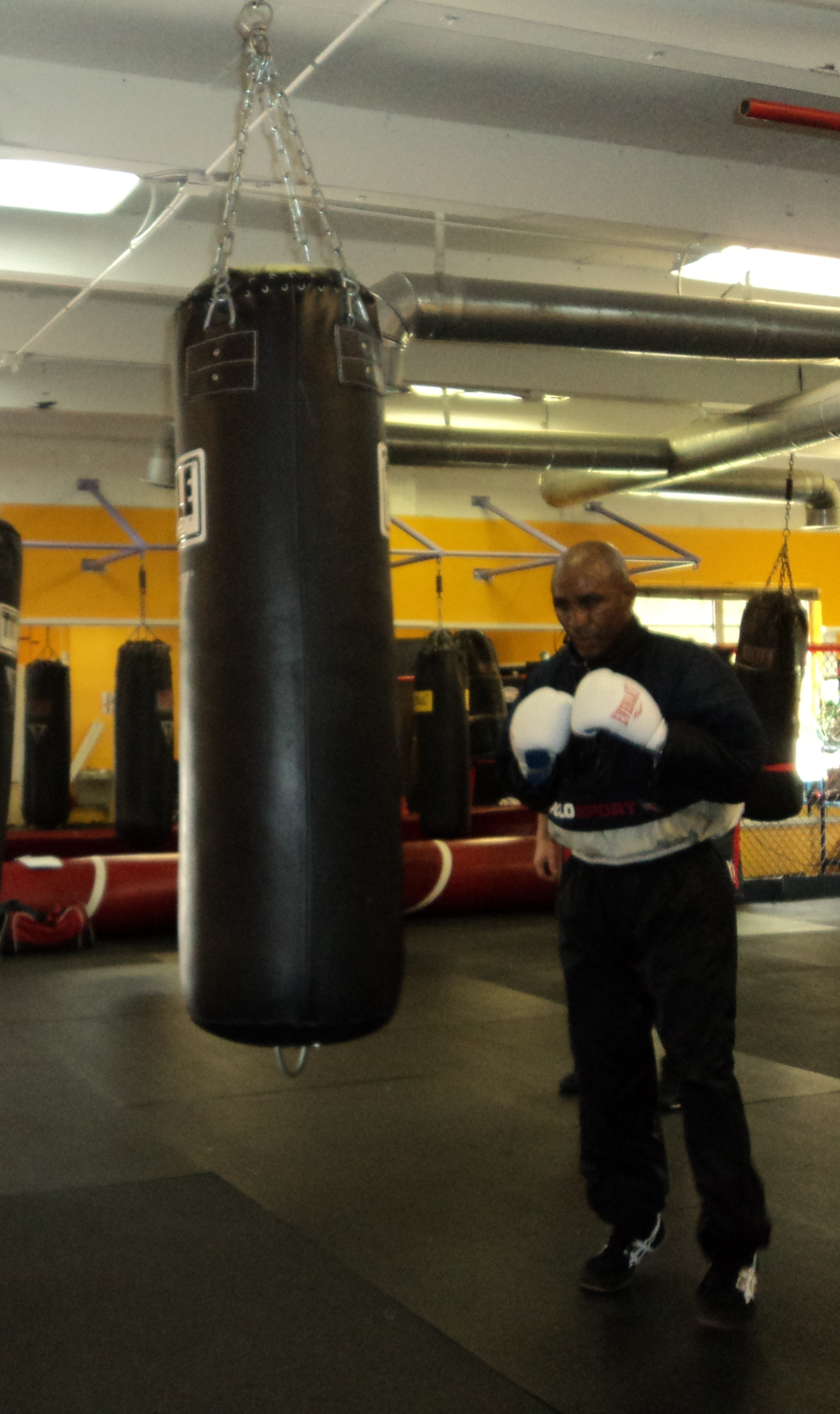 JJ – Would you like to go to Cuba sometime to fight?
JJ – Would you like to go to Cuba sometime to fight?

 What Jimmy Carter can’t change in Cuba
What Jimmy Carter can’t change in Cuba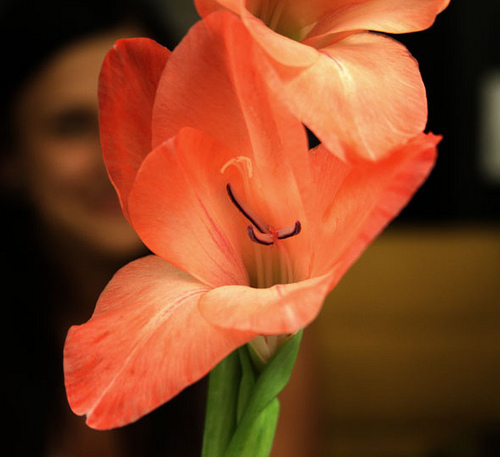
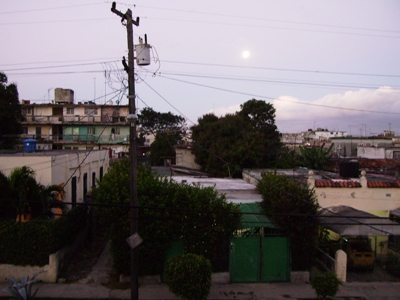
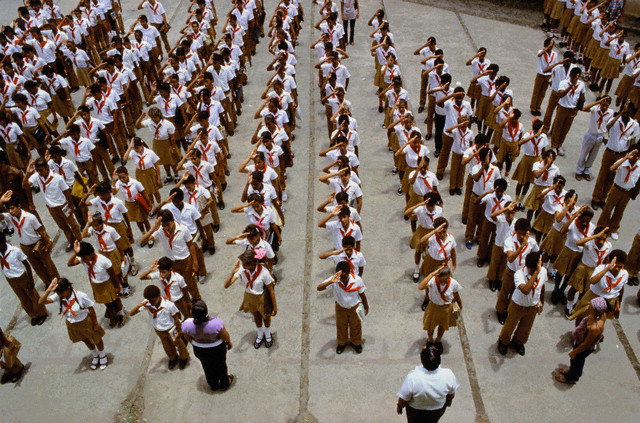
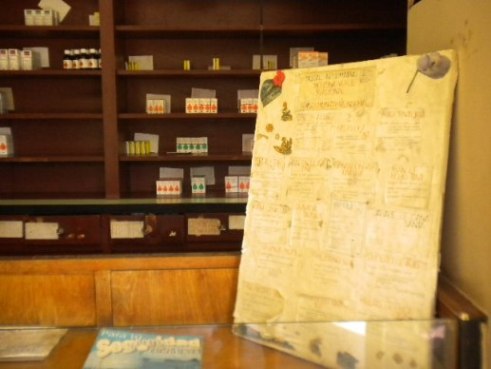
 The dawn embraced me strongly, as did a sense of exasperation. I was afraid of losing the opportunity to share with former U.S. President Jimmy Carter and his team.
The dawn embraced me strongly, as did a sense of exasperation. I was afraid of losing the opportunity to share with former U.S. President Jimmy Carter and his team.
